The Social Dilemma: Netflix doco every parent should watch
It is the whistleblower doco every parent — and child — should watch. The Social Dilemma confirms everything we suspected — that technology companies wield far too much power and put profits over morality — and reveals the sheer scale of how they have turned teens into addicts.
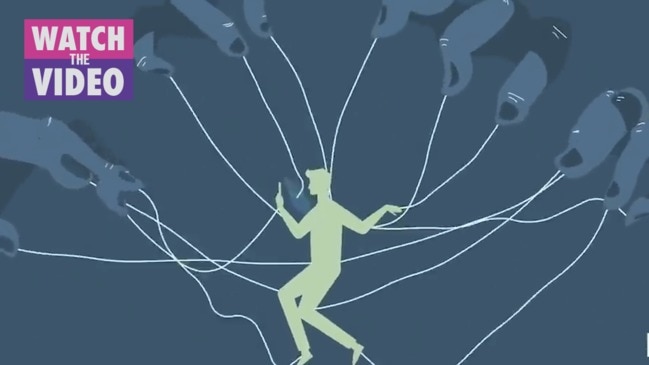
It’s the whistleblower documentary that is already one of the most-watched Netflix shows in Australia — but should be compulsory viewing for every parent.
And, with the federal government working on a new Online Safety Act, it should also be watched by every politician.
The Social Dilemma is a documentary by Jeff Orlowski that interviews dozens of former executives and developers from the major technology companies.
It not only confirms everything we suspected — that technology companies wield far too much power and put profits over morality — but it reveals the sheer scale of how they have turned teenagers into addicts, and the extent of the harm they are doing.
“It’s like a prison experiment. They are roping people into The Matrix to profit from them and we’re not even aware it’s happening,” said Tristan Harris, a former Google executive who is now the founder of the Center for Humane Technology.
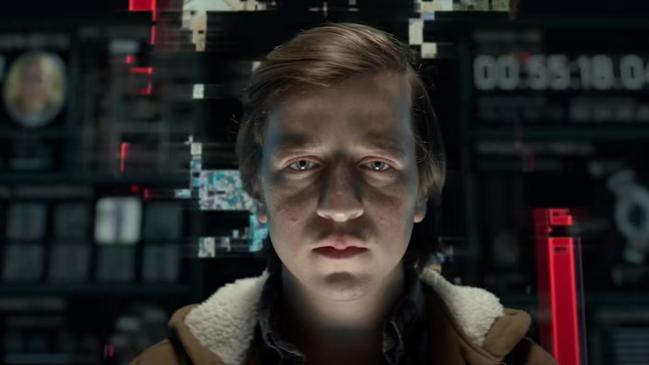
“How can you wake up from The Matrix when you don’t know you are in The Matrix?”
In that Keanu Reeves film, machines use humans as a slave resource, while the humans are fed a different version of reality.
Mr Harris said science fiction movies feature drones or robots such as Terminator ruling the world overtly, based on the premise that they have overpowered human strength. But, in this case, the machines have instead exploited humanity’s weakness.
“AI (Artificial Intelligence) runs today’s world right now,” he said.
It was an unfair fight, he said. One side is the human brain, a device millions of years old, with many flaws and weaknesses. Against that is a supercomputer whose only job is to learn new and better ways of exploiting that human brain.
“It is checkmate on humanity,” he said.
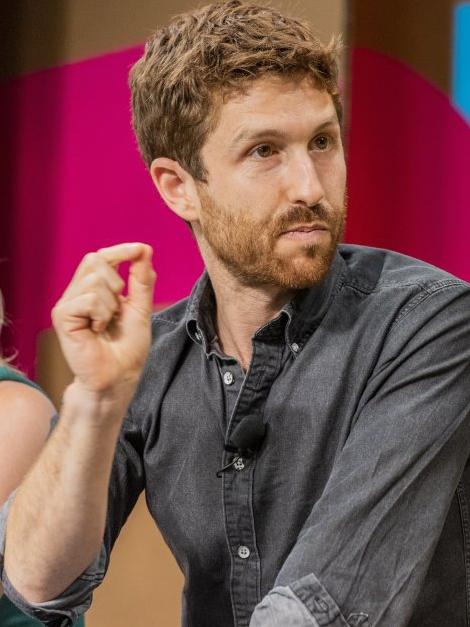
The Social Dilemma shows how big technology companies have effectively enslaved humans, selling our lives as a commodity. By giving these tech giants our most intimate, personal details, we have enabled them to earn trillions of dollars by selling that to advertisers.
And these advertisers will happily pay, because it means they can target exactly the segment of the population most likely to buy.
“You are a lab rat. We are all lab rats,” said former Facebook operations manager Sandy Parakilas.
GET MORE CONNECTED:
What you get as a subscriber to The Daily Telegraph
Download our app and stay up to date anywhere, anytime
Mr Harris made the point that children’s TV programs have protections on them so inappropriate advertising — such as fast food — cannot be directed at them. There are no such regulations in place for the tech giants.
And this unregulated world has led to huge issues.
“These services are killing people and causing people to kill themselves,” warned former Pinterest president Tim Kendall.
New York University professor Jonathan Haidt went further, revealing that, in America, suicide rates in 10-14 year-old girls had gone up by 151 per cent since 2011. Incidents of self-harm among the same age group had jumped 189 per cent in the same period.
He said 2009 was a turning point as social media apps became available on smartphones. Once that had become widespread from 2010 and onwards, the numbers of teenagers driven to an incident of self-harm increased rapidly.
Former Facebook vice president of growth Chamath Palihapitiya said social media now tricked and trapped people into a “vicious cycle” of seeking popularity and drove them to do more and more to gain that “fake, brittle popularity”.
Yet, as grim as it is, the documentary did offer hope. All of those interviewed said they became involved with technology to help humanity — and that technology has the potential to help society.
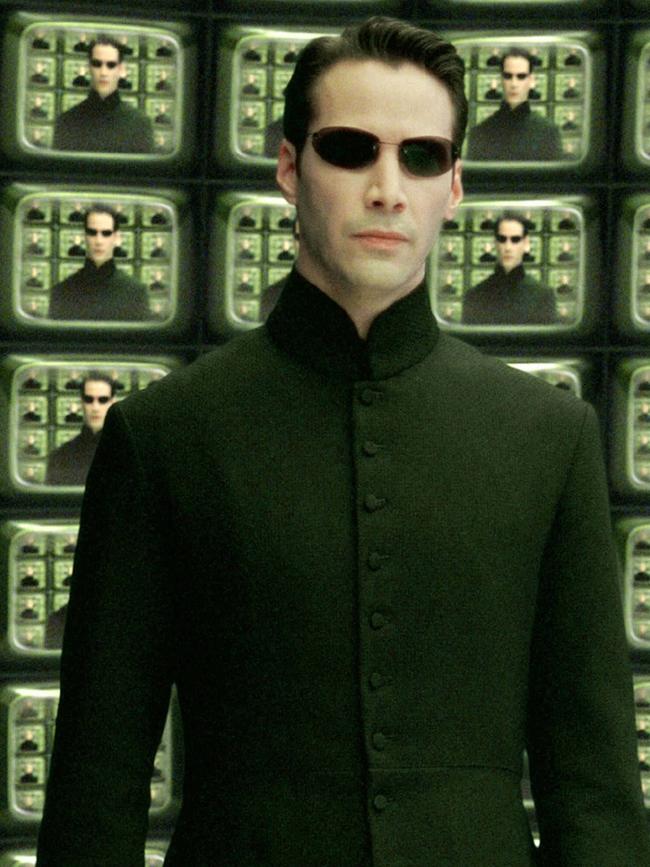
But the way to achieve that was through regulation, as expecting these profit-hungry tech giants to regulate themselves was ridiculous.
Local experts have also called for major changes to the way social media operates in Australia.
Youth mental health group Orygen wants social media platforms to put their AI capability to work helping people. Instead of using AI to determine how best to keep people scrolling and what ads to push onto them, Orygen said that same AI capability should be used to detect if young people were at risk of self-harm.
“What we need are young people to use it safely and platforms to better regulate content,” Orygen head of suicide prevention, Associate Professor Jo Robinson, said.
She said the companies worry about breaches of privacy “but actually young people are accepting the use of AI to help keep them safe given it is used all the time anyway for advertising”.
“They could also better use it to deliver personalised solutions to risk rather than generic resources,” she said.
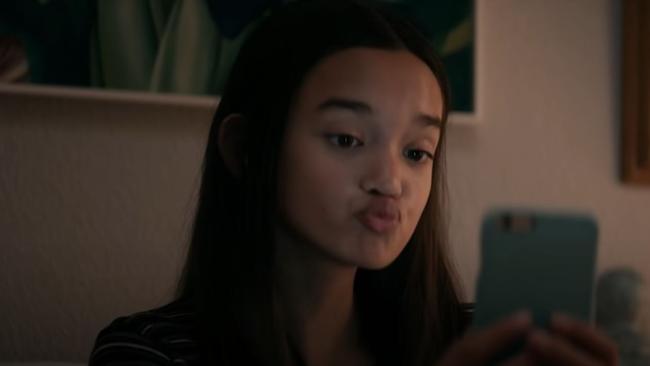
Jason Trethowan, CEO at headspace, said there is no single direct causal link between social media use and mental health difficulties.
”There is also evidence to suggest that social media use can be harmful for a young person’s
mental health,” he said.
“It has been identified that when use exceeds two hours per day, it impacts on a young
person’s ability to engage in activities that support their wellbeing.
“We encourage young people and families and friends to find a balance when it comes to social media use.”
Mental health expert Prof Pat McGorry said there is “definitely a time correlation” between the widespread use of smartphones, social media use and increasing rates of suicide, but “whether it is cause and effect is not proven”.
In a submission to the federal government’s proposed online safety act, Mindframe wants new laws that force social media companies to take down harmful content within 24 hours.
Maurice Blackburn Lawyers’ submission said: “There should be a legislated duty of care placed on social media platforms to ensure the safety of their users should not only give clear guidance as what that duty consists of, but also clearly spell out the ramifications for breaches of that duty”.
Yourtown — a youth mental health organisation — suggests social media companies should be forced to hand over their data so researchers can get a better understanding of just how harmful the content can be.
It also wants the eSafety Commissioner to be given more powers to deal with online bullying.
